Egg Whites: Health Benefits and More


Related products
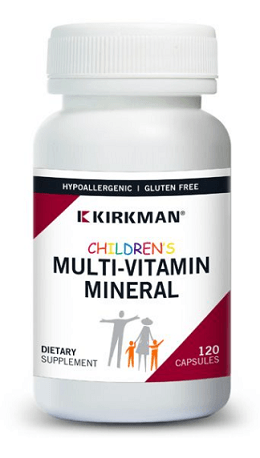
Egg whites, having only the beneficial nutrients from full eggs minus the yolk, are great for those looking to eat healthier and needing to add more protein into their diet. As suggested by the name, egg whites are the white liquid from an egg. "Egg whites are almost pure protein, containing about 3.6 grams of protein in a single large egg white, making them a valuable food for those looking to increase their protein intake without consuming a lot of calories,’’ as explained by Dr Robert Carter, a nutritionist at the University of Leeds.
With minimal drawbacks and a variety of benefits, let’s get into the nutritional value of egg whites and find out how compare to full eggs.
What are the Nutritional Facts of Egg Whites?
When you crack an egg and remove the yellow yolk, you will be left with the egg white, which has about 18 calories and 4 grams of protein in a large egg. Egg whites are a good source of protein with 0 fats and less than 1 gram of carbohydrates. Egg whites are primarily made up of water with about 10 percent being protein. The comparison between egg whites and full eggs is the following:

What are the Benefits of Egg Whites?
The benefits of egg whites are their low-calorie and high protein content, their richness in selenium, as well as their low fat and cholesterol levels, making it an easier food to add to any diet. "Egg whites provide a concentrated source of high-quality protein and essential nutrients without the added calories and fats, making them an excellent choice for health-conscious individuals," as stated by Dr Sarah White, a nutritionist. The following includes more on the benefits of eggs:
Low-calorie and high protein: Being low-calorie with high protein, egg whites are an excellent addition to diets aiming to manage weight and build muscle. It is extremely easy to add an egg white or five to make an omelette.
Contains selenium: Egg white contains selenium, which supports the immune system and functions, by acting as an antioxidant. The selenium in the egg whites helps support thyroid function and protects cells from damage.
Low-Fat and Low Cholesterol: Without the egg yolk, egg whites have zero fat and cholesterol which help manage and lower the risks associated with both.
What are the Drawbacks of Egg Whites?
Although egg whites have numerous health benefits, they also come with some drawbacks such as the taste, allergies, lacking healthy fats, vitamins and minerals, amino acid imbalance, and biotin deficiency.
Taste and texture: For those used to the taste of full eggs, it may be hard to switch to egg white as the taste is slightly different. Along with the taste, the texture of egg whites is a bit rubbery.
Allergies: For those with either egg or egg white allergies, it is not recommended to eat egg products as it can result in an allergic reaction. The effects are potentially worse with egg whites from the protein as this is more concentrated. Continue to read more about Egg Allergy & Intolerance - Causes, Symptoms and Testing
Lack of healthy fats, vitamins and minerals: Although the low-fat content is a benefit, it is also a drawback since egg yolks also contain healthy fats, vitamins and minerals. Egg whites are lacking omega 3 fatty acids, vitamin A, vitamin D, vitamin E, vitamin K, and B vitamins like B12 and folate. Lacking these nutrients in one’s diet may lead to an unbalanced diet and deficiencies.
Amino acid imbalance: White egg whites are a great source of protein, they do not offer the same amino acids as whole eggs do. "The yolk contains additional amino acids and nutrients that enhance the overall nutritional value of the egg, making the whole egg a more balanced protein source,’’ as explained by Dr Michael Thompson, a sports nutrition expert.
Biotin deficiency: Biotin deficiency is a risk when eating egg whites raw since there is avidin present and it makes it difficult for the body to absorb biotin.

People Also Ask
How healthy is eating egg whites?
Egg whites are known for being very healthy, being low-calorie and high protein with no fats and cholesterol.
Is egg white healthier than egg yolk?
Generally, yes egg whites are healthier than whole eggs for those focused on reducing their cholesterol and fat intake. However, they do lack some vitamins and minerals that are found in egg yolk.
How many egg whites can I eat a day?
There is no limit or specific number on how many egg whites can be eaten, it depends on each individual on their nutritional needs.
Conclusion
Egg whites are a great addition to one’s diet offering numerous benefits and minimal drawbacks. Switching out whole eggs for egg whites makes it easy to keep a balanced diet, high on protein and low on fats and carbs. The switch to egg whites is especially beneficial for those working on losing weight or managing their weight.
Continue reading for our Top 9 Egg Breakfast Ideas and more.








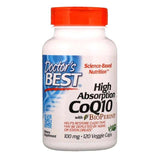
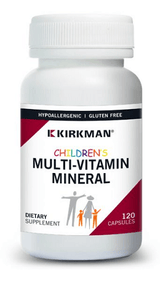
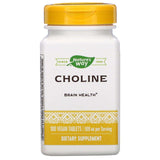
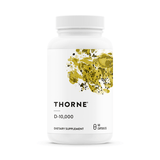
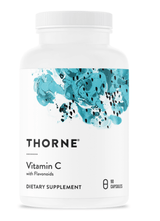

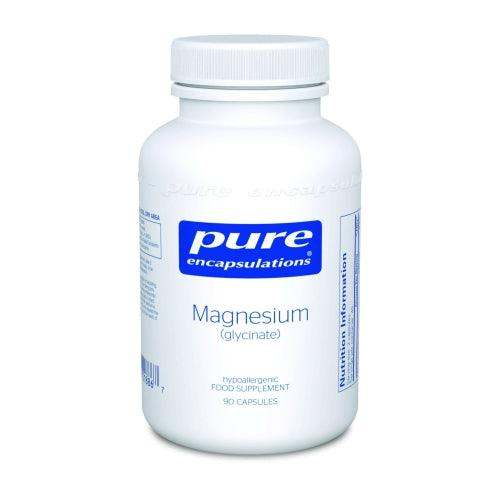

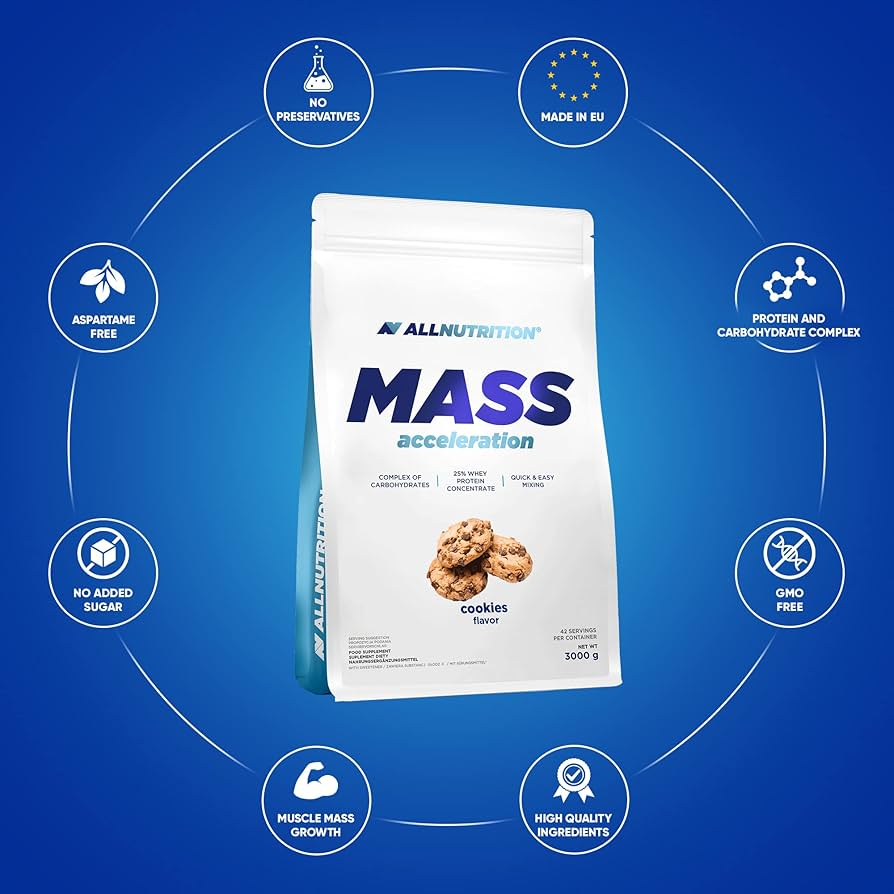


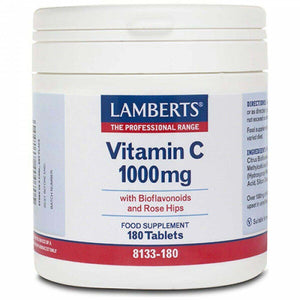





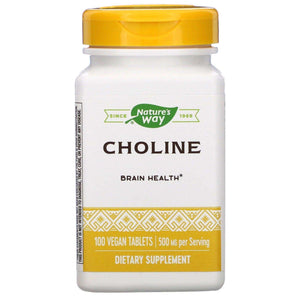
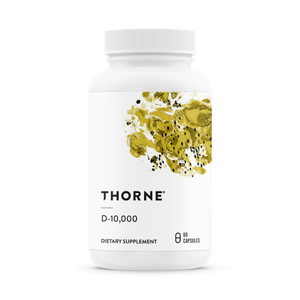
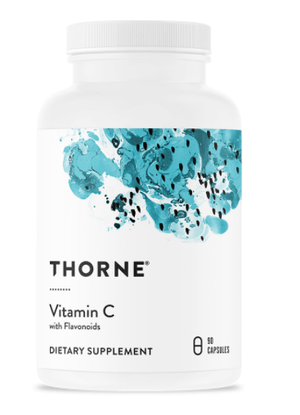




 Rated Excellent by 26,523+ Reviews
Rated Excellent by 26,523+ Reviews